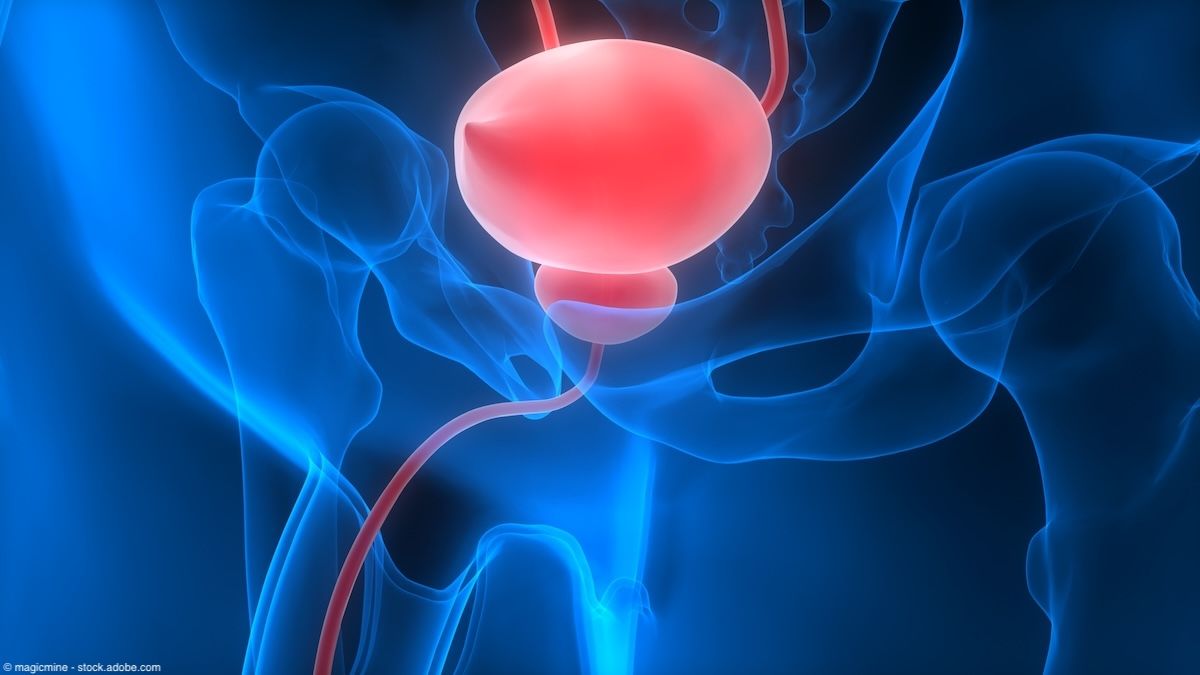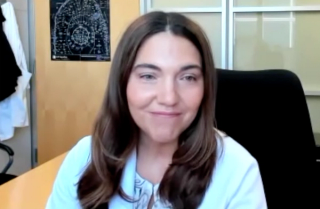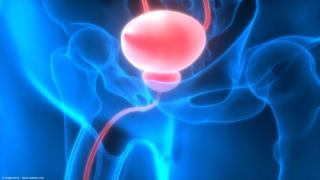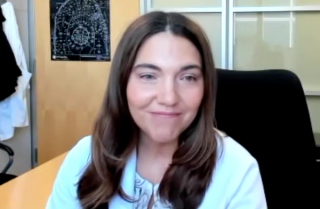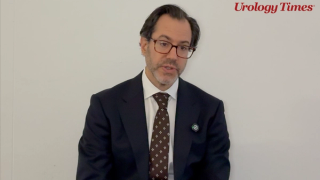
Bladder Cancer
Latest News
Latest Videos

CME Content
More News

Suzanne B. Merrill, MD, FACS, unpacks key findings from the CREST trial and outlines data of interest from the POTOMAC and PATAPSCO trials, which are set to read out later this year.
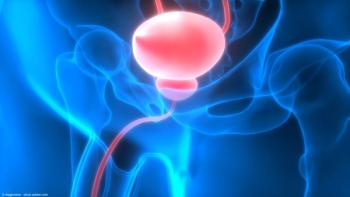
The ARCHER trial is seeking to determine whether ultra-hypofractionated radiotherapy is non-inferior to hypofractionated radiotherapy in terms of bladder-intact event-free survival.

Urologists from the University of North Carolina share insights into key advancements across the field of urologic oncology.

Sandip M. Prasad, MD, MPhil, shares his thoughts on the impact of the FDA approval of mitomycin for intravesical solution for patients with LG-IR-NMIBC.
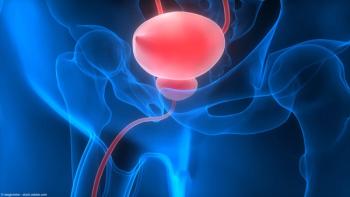
An interim analysis of the data showed that the trial met its primary end point of EFS, as well as the key secondary end points of OS and pCR rate.
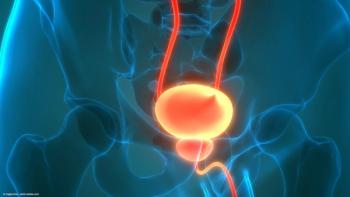
This marks the first and only approval of a perioperative immunotherapy in this disease setting in Canada.

Suzanne B. Merrill, MD, FACS explains the challenges with BCG monotherapy and the emergence of novel regimens combining BCG with ICIs in high-risk NMIBC.
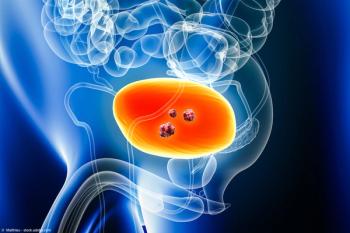
In the phase 3 RC48-C016 study, disitamab vedotin plus toripalimab significantly improved PFS and OS vs chemotherapy.

In this interview, Tom Jayram, MD, offers insights into how BCG plus immune checkpoint inhibitors may redefine the treatment landscape in BCG-naïve NMIBC.

A phase 3 registrational trial of NDV-01 is expected in the first half of 2026.

Take a look through key stories from last month, including regulatory news, trial updates, and other practice-changing advancements.

FX-909 is an investigational small molecule PPARG inhibitor for patients with locally advanced or metastatic urothelial carcinoma.

Treatment with mitomycin for intravesical solution led to a 24-month DOR of 72.2% among patients who achieved an initial complete response.

A recap of the FDA submissions and regulatory decisions in urology from July 2025.
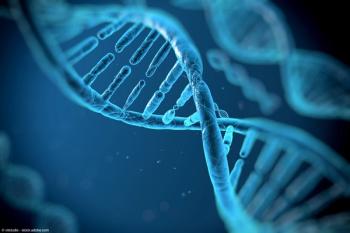
From a practical standpoint, integrating ctDNA into clinical practice poses challenges.
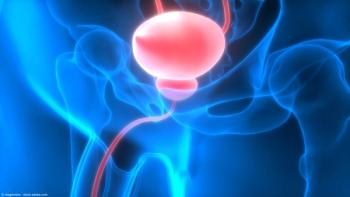
Data show that TAR-200 monotherapy led to high complete response rates and encouraging DFS in patients with BCG-unresponsive high-risk NMIBC.

Katherine Chan, MD, MPH, details the design of the pivotal phase 1/2 LEGEND trial, assessing the safety and efficacy of detalimogene voraplasmid in NMIBC.

Data from the phase 3b study were recently published in Reviews in Urology, showing that administration of mitomycin intravesical solution in the home setting was feasible, safe, and effective.

Ultimately, the take-home message for practicing urologists is to apply TMT judiciously, taking into account the patient's clinical profile, personal values, and financial situation.

Betty Wang, MD, said she envisions ctDNA integrating into existing surveillance protocols for patients with high-risk NMIBC.

Mitomycin intravesical solution was granted FDA approval in June 2025 for recurrent LG-IR-NMIBC.
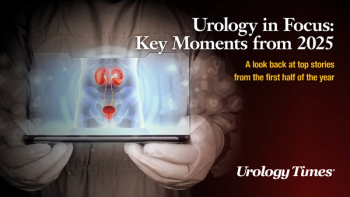
Take a look back through some of the top stories from the first half of the year.

The new drug application for TAR-200 is supported by data from cohort 2 of the phase 2b SunRISe-1 trial.

The Continuity Grant will support projects in bladder cancer and/or upper tract urothelial carcinoma that were previously scientifically reviewed, approved, and funded.

Alpha1H was granted a fast track designation in November 2023.

